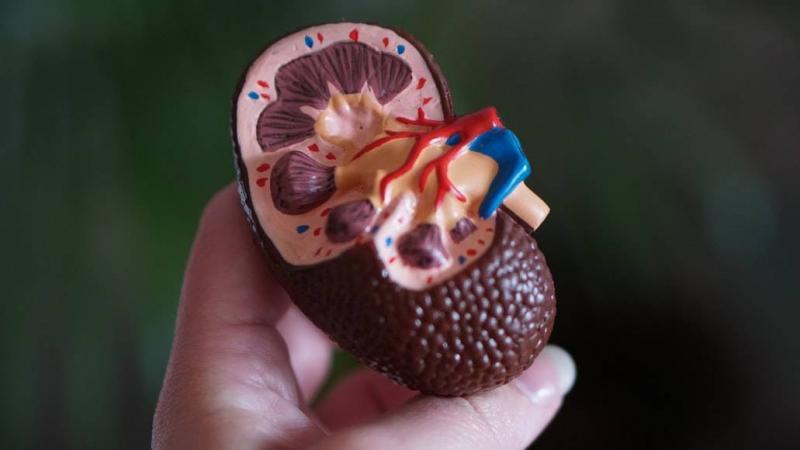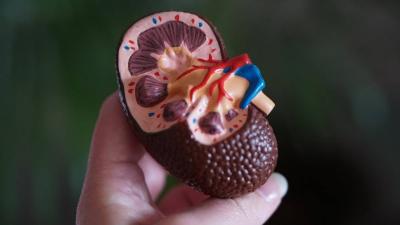The primary function of the kidneys is to filter the body of soluble waste. When they become damaged due to injury or conditions such as high blood pressure or diabetes, they fail to detoxify the body, leading to toxin accumulation. Because the signs of kidney damage are often very subtle, especially in its early years, it is referred to as "the silent killer." According to the "Times of India," kidney disorders can be prevented by taking necessary measures at an early stage of disease detection, which can only be possible if symptoms are diagnosed in a timely manner. The risk of kidney disorders is higher for those suffering from high blood pressure, diabetes, and high cholesterol levels; therefore, these individuals should continue to monitor their condition and undergo annual medical check-ups to assess the functioning of other organs. Below are some common signs of kidney poisoning:
1. **Loss of Appetite**
The accumulation of toxins and waste in the body can lead to reduced appetite, making a person feel full all the time and unwilling to eat anything, resulting in weight loss.
2. **Puffy Eyes and Difficulty Sleeping**
Puffiness around the eyes can be explained by the kidneys leaking a large amount of protein in the urine instead of retaining and distributing it throughout the body. Increased toxin levels make it difficult to sleep. Consequently, getting less sleep increases the chances of kidney function decline.
3. **Changes in Urination Frequency**
A healthy person urinates 6 to 10 times a day; therefore, using the bathroom more than this can indicate kidney damage. In kidney-related issues, a person may urinate very little or excessively, which in both cases leads to further kidney damage. This previous condition may lead some to notice blood in the urine, occurring because blood cells start leaking into the urine due to kidney damage.
4. **Dry Skin and Itching**
Dry and itchy skin can be symptoms of advanced kidney disorder, occurring when toxins can no longer be expelled from the body and begin to accumulate in the blood, leading to itching and dryness, along with foul odors from the skin. Kidney problems can also lead to bone diseases.
5. **Fatigue and Tiredness**
Feeling tired or fatigued continuously is generally an early sign of liver problems; as kidney disorder worsens, a person may feel more exhausted, even minimal household tasks or walking can feel exhausting, due to toxin accumulation in the blood resulting from kidney inefficiency.
6. **Swelling in Ankles and Feet**
When the kidneys fail to function effectively, the body begins to retain sodium, ultimately leading to swelling in the ankles and legs. This condition is known as “edema,” and one may also notice swelling in other parts of the body such as the eyes and face; however, it primarily affects the hands, arms, feet, ankles, and legs.




